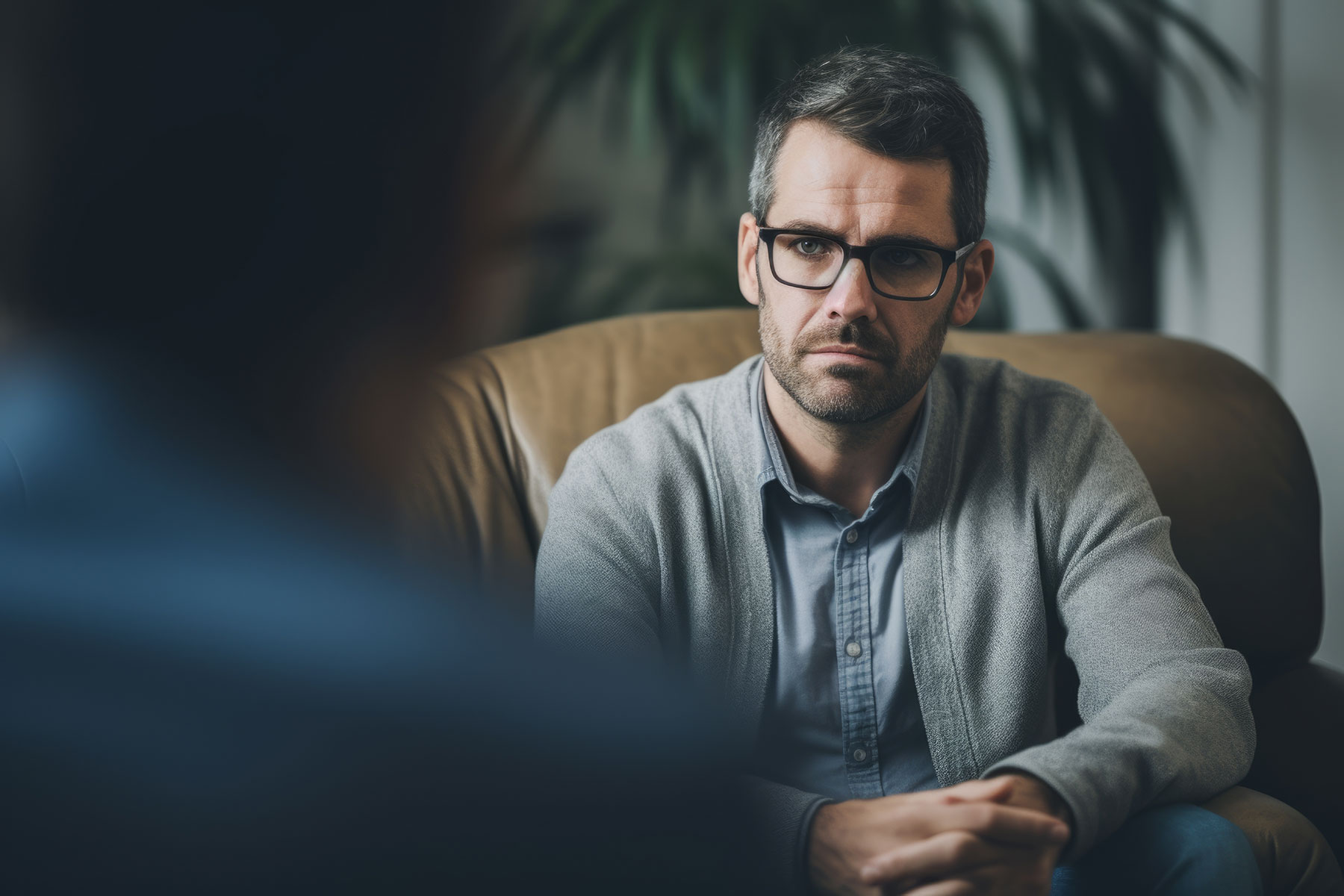Traumatic experiences can leave deep scars that last a lifetime. Unresolved trauma can lead to anxiety, depression, and post-traumatic stress disorder (PTSD). Unfortunately, many people turn to drugs and alcohol to cope with the aftermath of trauma. Fortunately, thanks to addiction therapy programs, those struggling with PTSD and addiction can find a path to recovery.
At BrightView, our trained and compassionate professionals recognize the importance of treating the underlying causes of addiction. Our individualized treatment plans take into account each patient’s unique needs, including unresolved PTSD and trauma. We offer several evidence-based therapies including CBT, EMDR, and other trauma-focused therapies to help individuals manage symptoms.
Don’t let unresolved trauma keep you from living a healthy and fulfilling life. Contact BrightView today at 888.501.9865 to learn more about our addiction therapy programs and how we can help you find hope and healing.
What Is Unresolved Trauma?
Unresolved trauma is a type of trauma that continues to impact an individual’s life long after the actual event. It may cause feelings of fear, confusion, sadness, irritation, and even anger. In some cases, people who have experienced unresolved trauma may develop PTSD. This type of trauma can be challenging to face, but it’s essential to confront it to move forward.
Coping with Unresolved PTSD
Coping with PTSD can be a challenging experience. The following are some suggestions for coping with unresolved trauma:
Seek Help from a Professional Therapist
Professional therapy is one of the best ways to heal from unresolved PTSD. A professional therapist can provide a safe environment where you can talk about your experiences. They can help you develop coping strategies to manage the symptoms of PTSD.
Join a Support Group
A support group can provide a sense of community and understanding. It allows individuals with similar experiences to share their stories, provide support and encouragement, and offer a sense of hope to one another.
Exercise and Engage in Self-Care Practices
Exercise is a natural way to release tension and stress. Engaging in self-care practices such as yoga, meditation, or massage can also be beneficial in managing the symptoms of PTSD.
Coping with unresolved trauma can be challenging. It can seep into various areas of your life and impact your relationships, work performance, and mental health. The critical thing is to seek professional help instead of turning to harmful coping mechanisms like substance abuse. With dual diagnosis programs, you can address both conditions and recover effectively.
PTSD and Addiction Treatment
Those who have experienced unresolved trauma and continue to suffer its effects may turn to substances as a coping method. People with PTSD are more likely to develop addiction and may depend more on drugs and alcohol. It is essential to seek professional help from addiction therapy programs like BrightView to receive comprehensive care that addresses substance abuse and unresolved PTSD.
PTSD and addiction treatment can help individuals recover from mental health issues and substance use disorders. BrightView offers dual diagnosis treatment that helps those suffering from substance use problems and unresolved trauma. This approach addresses both conditions simultaneously, leading to a faster and more comprehensive recovery.
Start Treatment for Unresolved Trauma Today at BrightView
If you or someone you love is struggling with unresolved trauma and addiction, seeking professional help is essential. Contact BrightView today to learn more about the addiction therapy programs they offer. With our compassionate care, we can help you on the journey to recovery.
Remember, you are not alone, and with the help of BrightView, you can overcome the scars of unresolved trauma. Call us today at 888.501.9865 or complete our online form to take the first step toward a brighter tomorrow.
